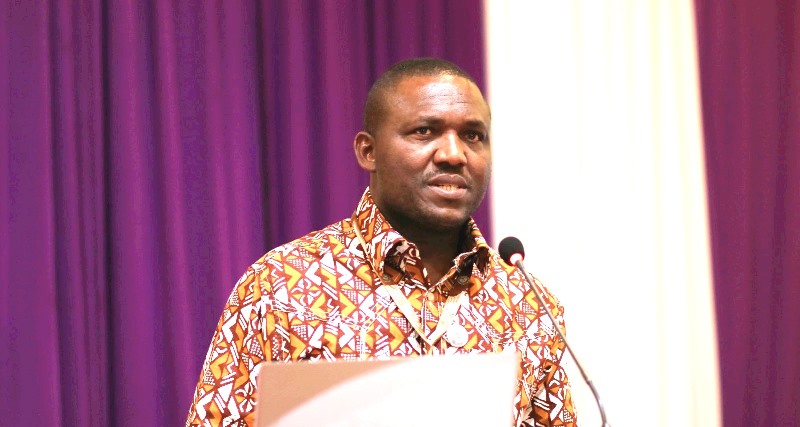
Having taken on the unprecedented challenges of COVID-19, many Human Resource (HR) leaders are now feeling the pressures of the new world of work.
A recent report by Sage stated that with the world becoming more remote and hybrid, HR leaders have had to adapt to remote working and focus on employee health and safety.
The report found that HR leaders are stressed (84 per cent) and burnt out (81 per cent).
It stated that HR professionals have been at the forefront of organisations’ strategies to survive and thrive during the pandemic.
However, it said the toll of looking after employees’ health, implementing furlough schemes and managing the transition to remote working has been significant.
Having navigated a post-pandemic world of work that looks completely different from that of 2019, HR leaders must face new challenges.
The Sage survey found that 40 per cent of C-Suite executives don’t think these drastic changes will slow down, so it shouldn’t be surprising that 62 per cent of HR leaders are thinking of leaving the profession.
In the face of this challenge, the report highlighted what could be done to help HR practitioners cope with the stress and burnout they are facing.
Founder and Chief executive Officer of Management Shift Solution, Prof. Vlatka Hlupic, said emergent leadership and a culture of engagement as measures to help HR practitioners cope with stress and burnout syndrome.
She said that during the pandemic, the HR profession displayed behaviours typical of employees working at level five ‘Unbounded’, the highest level possible in the five-level emergent leadership.
She said at level five, leaders are completely passionate about what they are doing and inspire and energise others to give exceptional performance, while employees find their life purpose in their job and put their heart and soul into it.
She said while employees can work at this level for a short period to meet a specific challenge, it is unsustainable long term.
“The danger is that by expecting HR professionals to continually operate at level five, more and more will become burnt out and leave the profession. The Sage survey found that 95 per cent thought HR was just too much work, which is very troubling.
“At level four, employees are highly engaged and work at their optimum level, sustainable long term. At this level, employees feel they have a purpose and are contributing to the organisation’s success. They are highly motivated and willing to put in the extra effort to ensure the organisation succeeds. The key to maintaining this level of engagement is to ensure that employees have the resources they need to do their jobs and are recognised and rewarded for their efforts.
“At level five, employees are willing to do whatever it takes to ensure the organisation succeeds, which, as discussed above, is unsustainable long term. HR leaders and senior executives need to be aware of the signs of burnout – in themselves and their employees – and take steps to prevent it from occurring,” she said.
On the culture of engagement, the don said to help HR leaders differentiate between level four and level five behaviours, they needed to focus on creating a culture of engagement.
The culture, according to her, should be built around the values and goals of the organisation.
She said HR leaders should focus on creating an environment where employees feel valued, respected, and empowered to take decisions based on knowledge rather than their position in an organisational hierarchy. “As a result, the onus isn’t completely on HR teams to manage the emotional and physical load,” she said.
“One way to create this culture of engagement is to encourage employees to take ownership of their work. HR leaders should provide employees with the tools they need to do their jobs and empower them to make decisions.
This will help employees feel more engaged and invested in their work, which will lead to better performance and higher levels of job satisfaction.
“Another way to create a culture of engagement is to recognise and reward employees for their efforts. HR leaders should regularly acknowledge and celebrate employees’ achievements. This will help to reinforce the importance of their contributions to the organisation’s success and encourage them to continue working at higher levels.
“The demands placed on HR professionals during the pandemic were unprecedented, and it is not surprising that many are feeling stressed and burnt out. As we move deep into the year, HR teams must take steps to differentiate between level four and level five behaviours, ensuring that employees are engaged and working at their optimum level.
“Businesses need to provide support and resources to help professionals navigate the ongoing challenges and changes in the workplace, ensuring that their teams are being well taken care of while also meeting business needs. By taking these steps, we can help prevent further burnout among HR professionals and ensure that they continue to play a vital role in the organisation’s success,” she added.










